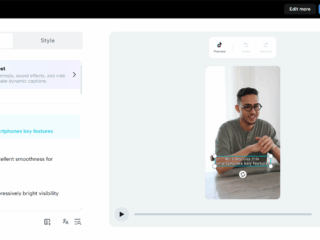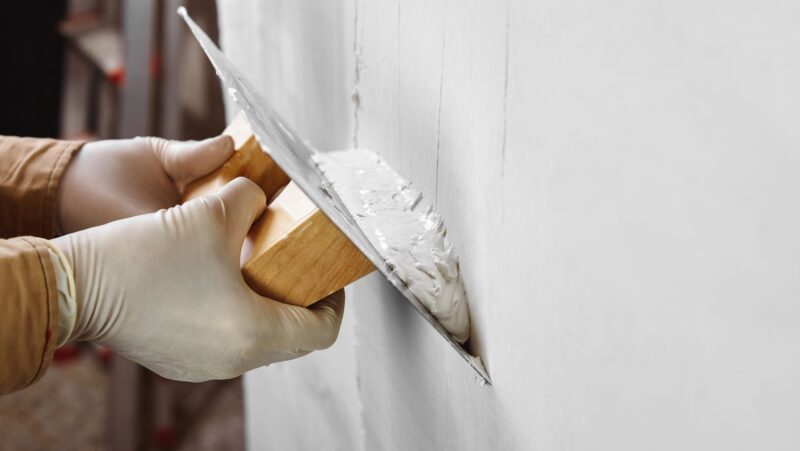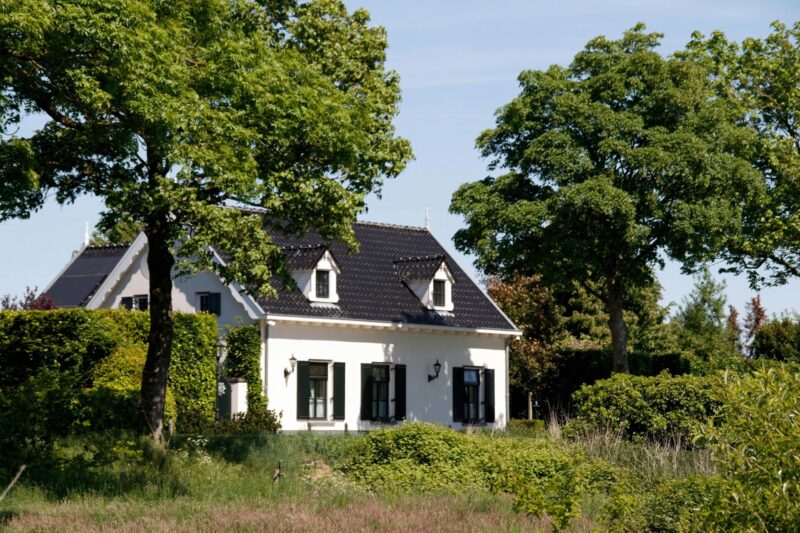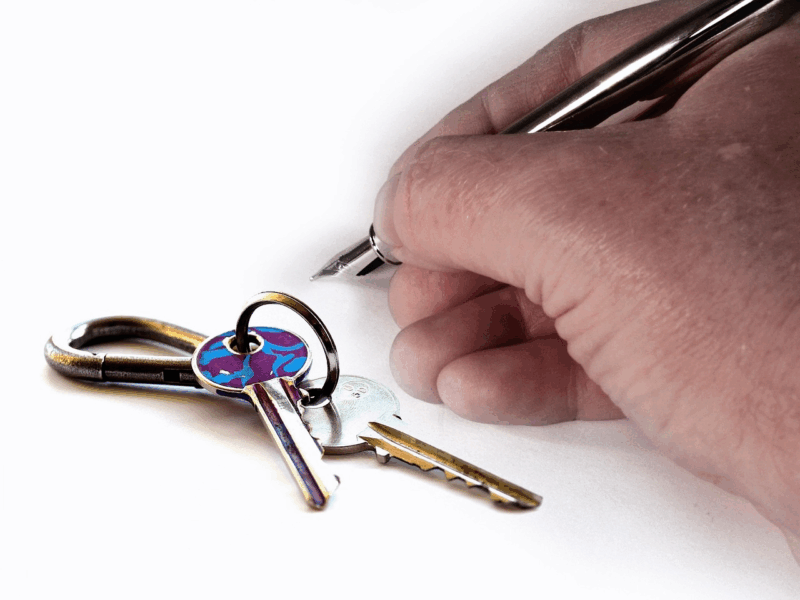
Selling your home is a significant step, and one of the most common strategies used to attract potential buyers is hosting an open house. While open houses can be an excellent way to showcase your property and create interest, they come with a trade-off: your privacy. Homeowners often underestimate how exposing their personal space to strangers can have consequences that extend beyond the sale. This article delves into the various ways open houses can impact your privacy and how to mitigate potential risks.
Your Private Sanctuary
An open house transforms your private residence into a public space, if only for a short time. Potential buyers, their agents, and sometimes even nosy neighbors walk through your rooms, opening closets, peeking into drawers, and scrutinizing every corner of your home. While their intent is often harmless—checking storage space or imagining their belongings in your home—it still means your personal life is on display.
Family photos, medical records, or sentimental items left in plain sight can inadvertently reveal more about you than you’d like. This exposure not only compromises your sense of security but can also give away clues about your lifestyle, wealth, or vulnerabilities. If you’ve invested time in curating a personalized space, this public scrutiny may feel invasive, as your home ceases to be your sanctuary during the open house event.
Risk of Theft or Damage
Hosting an open house invites strangers into your home, and while most attendees are legitimate buyers, there’s always a risk of bad actors exploiting the situation. Jewelry, small electronics, or even prescription medications are easy targets for theft, especially during busy open house events where multiple visitors roam the property simultaneously.
Even if theft isn’t a concern, the sheer volume of foot traffic increases the likelihood of accidental damage to your property. Scratched floors, broken decor, or smudged walls can leave you with unanticipated repair costs, further complicating your home-selling process. These risks necessitate a proactive approach to securing valuables and safeguarding fragile or sentimental items before opening your doors to the public.
Digital and Financial Vulnerabilities
Beyond the physical aspects of privacy, open houses can also expose you to digital risks. Documents left on desks, visible Wi-Fi passwords, or financial papers in plain sight can be exploited by someone with ill intentions. Open houses are a golden opportunity for cybercriminals to gather personal information that could be used for identity theft or fraud.
Additionally, showcasing your home often involves photographs and videos taken by real estate agents for marketing purposes. These materials, while effective for attracting buyers, may inadvertently include sensitive information, such as high-value items or security system setups. Once shared online, this information becomes accessible to anyone, potentially putting your home and personal data at greater risk.
Balancing Exposure with Practicality
Despite these risks, open houses remain a valuable tool for home sales, often accelerating the process and drawing competitive offers. The key is to strike a balance between showcasing your property and protecting your privacy. Working with a professional real estate agent can help you establish ground rules for open houses, such as limiting access to certain areas or scheduling appointments to manage visitor flow.
Additionally, homeowners should take proactive measures to safeguard their privacy. This includes removing personal items, locking away valuables, and even using neutral decor to depersonalize the space. For those who feel particularly uneasy about open houses, alternative selling methods, like working with direct buyers such as Hapa Homebuyers, offer a more private solution. These buyers often bypass the traditional listing process, allowing for discreet transactions that eliminate the need for public exposure.
Protecting Your Peace of Mind
Ultimately, the decision to host an open house should align with your comfort level and selling goals. Privacy concerns are valid and should not be dismissed, especially when selling your home in today’s hyper-connected world. Taking steps to mitigate risks, such as securing personal information, setting boundaries, and exploring alternative selling methods, ensures that you maintain peace of mind throughout the process.
Selling a home is more than a transaction; it’s a transition that involves emotional and logistical considerations. By understanding the potential impacts of open houses on your privacy, you can navigate the selling process with confidence, ensuring both your personal safety and the successful sale of your property.














